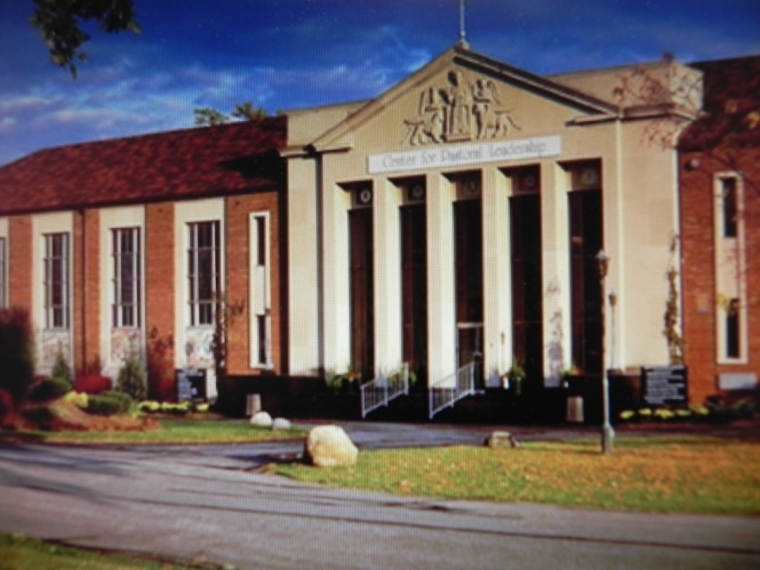Did a Catholic seminary just open its doors to homosexuals?

CLEVELAND (Christian Examiner) – The new handbook for Borromeo Seminary in Cleveland opens the doors of the Catholic seminary for homosexuals to serve in the priesthood instead of calling for their dismissal from the seminary, the conservative Catholic news service ChurchMilitant.com has reported.
According to the service, which seeks to prevent the erosion of traditional Catholic doctrine and halt the church's slide into liberalism, the seminary's new handbook states in its section on celibacy:
"Each person must come to terms with his own sexual drives and sexual orientation."
The handbook also seems to make allowances for those who have made "regrettable judgments" while "coming to this self-understanding."
"The formation program is designed to provide guidance and assistance according to each person's needs, not to simply confront mistakes that are made. Every person experiences the force of compulsion at times. ... Both persons [homosexual and heterosexual] are capable of making and keeping a commitment to celibacy. But in either case, the expectations are the same: the ability to refrain from genital sexual experiences and the ability to avoid a style of socializing that compromises or endangers one's moral character or reputation," the handbook reads.
The handbook, according to the news service, seems to draw an uneasy equivalence between homosexual and heterosexual desire, but perhaps the most dangerous aspect of the new handbook is the exhortation that seminarians shouldn't meddle in one another's personal lives. Above all, it said, they should avoid "nurturing homophobia within the community."
The handbook also doesn't address how the church should discipline seminarians whose homosexuality is brought before the church and fails to specify their dismissal from the institution upon the discovery of homosexual "tendencies." The seminary's website, however, does claim that the school follows the guidance of the U.S. Conference of Catholic Bishops on the matter.
Those guidelines instruct the seminary to follow the instructions "provided by the Holy See" when considering the admission of candidates with same-sex attractions or experiences in their respective pasts.
According to Vatican, the seminary is not the place for a student to receive counseling as he attempts to work out his sexual orientation, primarily because of the negative consequences it can bring on the educational community and the church.
"One must in no way overlook the negative consequences that can derive from the ordination of persons with deep-seated homosexual tendencies," the church said in 2005.
In 2008, the church listed homosexual tendencies as a psychological deficiency in some potential candidates. If discovered in a seminarian, "the path of formation will have to be interrupted," the church said.
The new handbook has softened that approach, indicating that as long as the issues are worked out prior to ordination, the seminarian may remain enrolled.
"An individual may require professional counseling to work through his feelings, come to a sense of peace with his own sexuality, and proceed to live a healthy celibate lifestyle in anticipation of making a permanent commitment at the time of ordination or the profession of vows. It should be stated clearly that there is no such thing as a double standard when it comes to the meaning of a celibate way of life for a person with a heterosexual or homosexual orientation," the handbook reads.